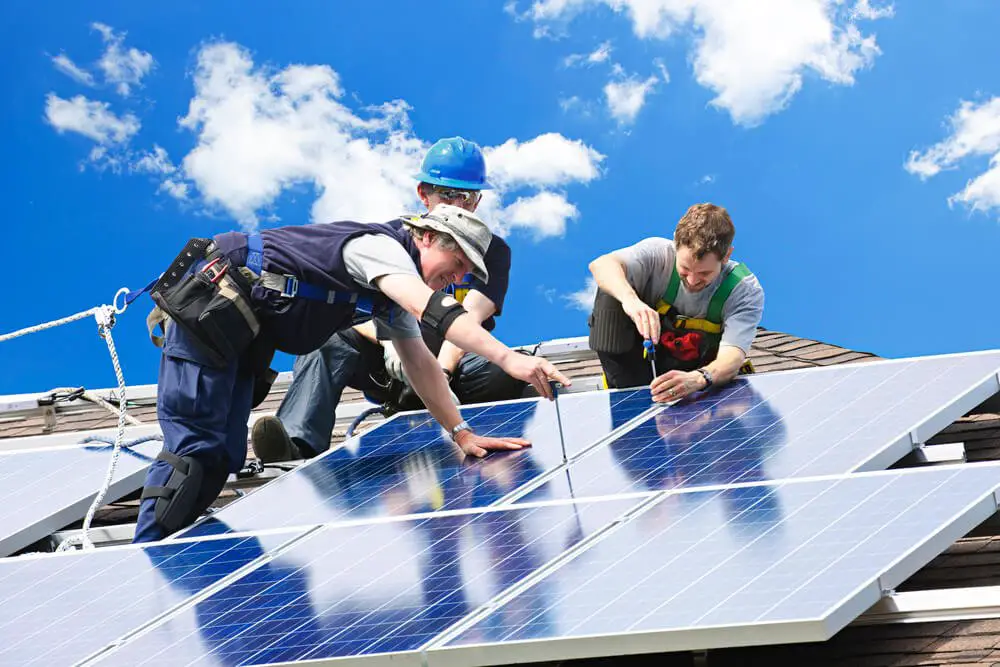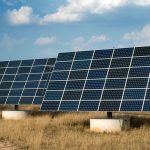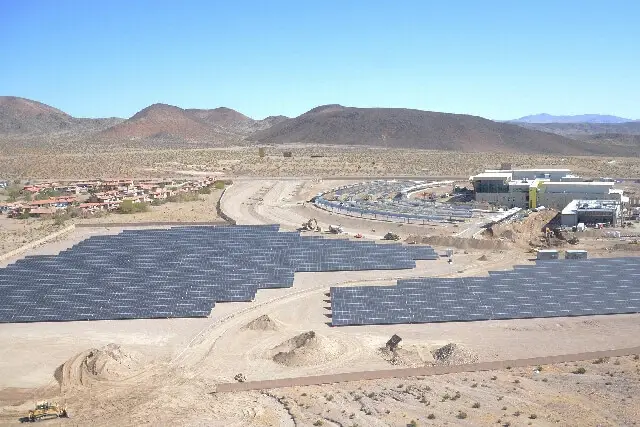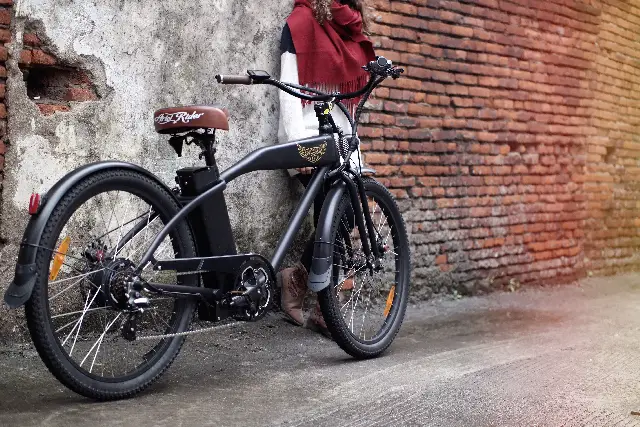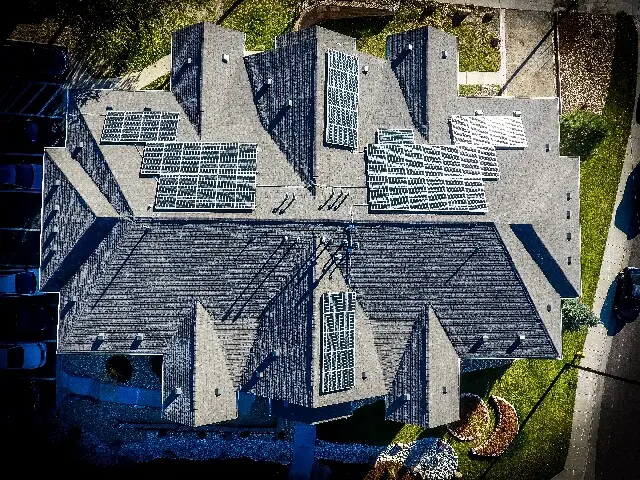Solar technology is rapidly evolving, making it easier and more economical for the average household to switch some or all of its energy needs to solar.
Solar panels convert solar energy into electrical energy, which we can use to power everything from lights to appliances in our homes for free with a bit of technology.
It’s crucial to note, however, that your solar panels cannot directly power everything.
That begs the question:
Can You Run 220V on Solar?
Yes and no are the answers. You can, but you’ll need some assistance.
The DC generated by solar panels cannot directly power an AC item.
An inverter, on the other hand, can readily convert DC to AC electricity.
What is DC Power, and How Does It Work?
The electricity generated by a solar panel is known as DC (Direct Current).
The phrase Direct Current refers to a flow of unidirectional electrical charge, as opposed to Alternating Current, which, as the name implies, reverses direction after a predetermined time interval.
The majority of our domestic appliances run on electricity.
To boost the voltage level, there’s a step-up transformer or its opposite, a step-down transformer to cut the level of voltage utilized for converting AC electricity to different voltage levels (to decrease the voltage level).
That’s the primary reason domestic appliances such as ovens, toasters, light bulbs, and fans use AC power.
Even loads that demand DC power (laptops, mobile phones, batteries, and so on) have an integrated converter for converting AC power to DC in their adaptor.
What is an Inverter, Exactly?
When DC power flows at the input, an inverter creates AC Power as its output.
The inverter will not produce any energy without assistance.
It must always have a device like a solar panel that generates DC at the input and an AC absorbing load (a typical 120VAC home appliance) at the output.
Why are Inverters Essential For Use in Solar Power Systems
It is not possible to utilize an appliance designed for AC power with DC power.
Inverters, for example, are a type of power electronics equipment that readily converts DC electricity to AC power.
Although solar panels provide DC electricity, an inverter allows you to utilize all of your standard 220V AC appliances.
When is it Necessary to Use an Inverter?
A power inverter is a final component needed to transform the sun’s energy into power that our household appliances can use when installing a solar-powered system at home.
The batteries provide 12V direct electricity while most domestic equipment runs on 110V or 220V alternating current.
The power inverter transforms 12V DC to 110/220V AC, which is compatible with our appliances.
When there is no solar power available, some power inverters can charge the batteries when linked to a 110/220V AC source.
Are Inverters Expensive?
Over the last decade, the price of an inverter has decreased dramatically due to technological advancements and large-scale production of inverters by Chinese manufacturers.
The inverter connects to the battery banks on one end and the loads on the other in a typical off-grid solar system installation.
The Bottom Line
To answer the main question, can you run 220V on solar? The short answer is yes! However, you cannot do it without an inverter.
The inverter allows you to utilize all 120/220 VAC equipment proficiently and conveniently.
Inverters come at various levels based on the degree to which you’ll be using power.
Therefore, it’s vital to get advice on which is most suitable for the type of appliances you’ll use and the solar panel system you built.
You can stop worrying about rewiring your home since there’s no need to do that or replace your appliances if you’re going solar.
